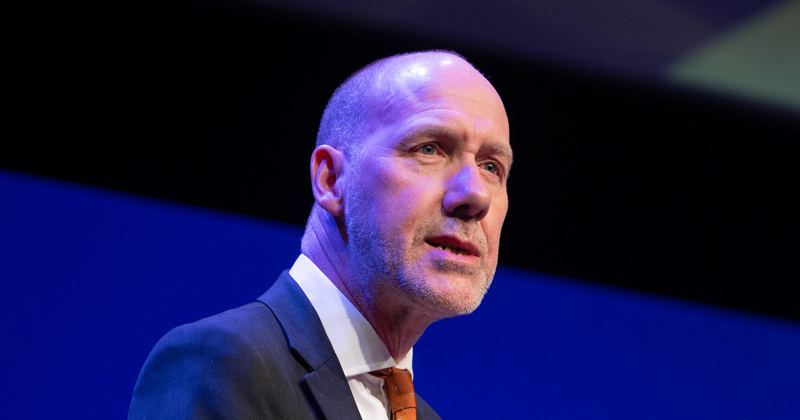Members of the school leaders’ union ASCL have voted in favour of moving to a formal ballot for strike action, in a historic first.
In an unprecedented indicative ballot, 54 per cent of eligible members voted and 69 per cent backed moving to a formal ballot on strike action over pay.
Seventy-four per cent said they wanted to move to a formal vote on action short of a strike.
The union’s executive is now considering its “next steps”.
If it does launch a formal ballot, it will be the fourth education union to do so over pay.
Ballots by the National Education Union, NASUWT teaching union and NAHT leaders’ union close next week.
If the outcome of the indicative ballot was repeated in a formal ballot, it would meet the 50 per cent turnout threshold set out in trade union law.
However, the result would just fall short of an additional requirement for public service action, which requires 40 per cent of those eligible to vote to vote ‘yes’.
The 69 per cent support for a strike ballot translates to around 37 per cent of eligible members voting in favour, based on turnout of 54 per cent.
However, turnout could rise, or indeed fall, in any formal ballot, as could the proportion supporting industrial action.
Union discussing ‘next steps’
It is the first time in its history that ASCL, a traditionally moderate union representing secondary headteachers and academy and college chiefs, has held an indicative ballot.
The union said its executive would “meet again in due course to decide on the next steps”.
Geoff Barton, ASCL’s general secretary, said the results of the ballot “show the strength of feeling which exists among school leaders over the desperately difficult situation they are facing in recruiting and retaining staff, and operating their schools without the adequate funding to do so”.
“This has been caused by the erosion of school leader and teacher pay which has fallen by a fifth in real terms since 2010, and a decade of underfunding of education.
“The final straw was this year’s pay award which was significantly below inflation and for which there was no additional government funding for schools to be able to afford the cost of the award.
“We urge the government to avoid an escalation of this dispute, and do the right thing by schools and children, by addressing recruitment, retention and funding as a matter of urgency.”
















Your thoughts